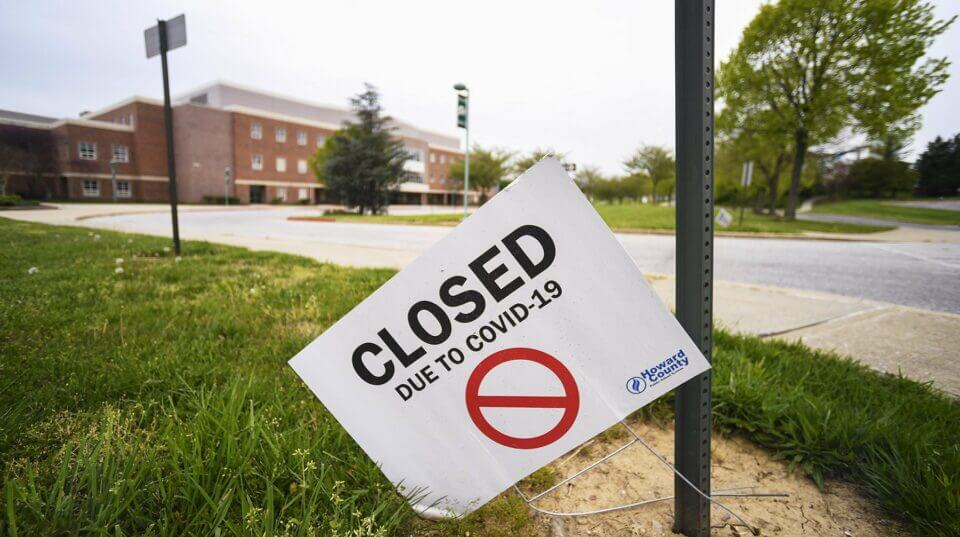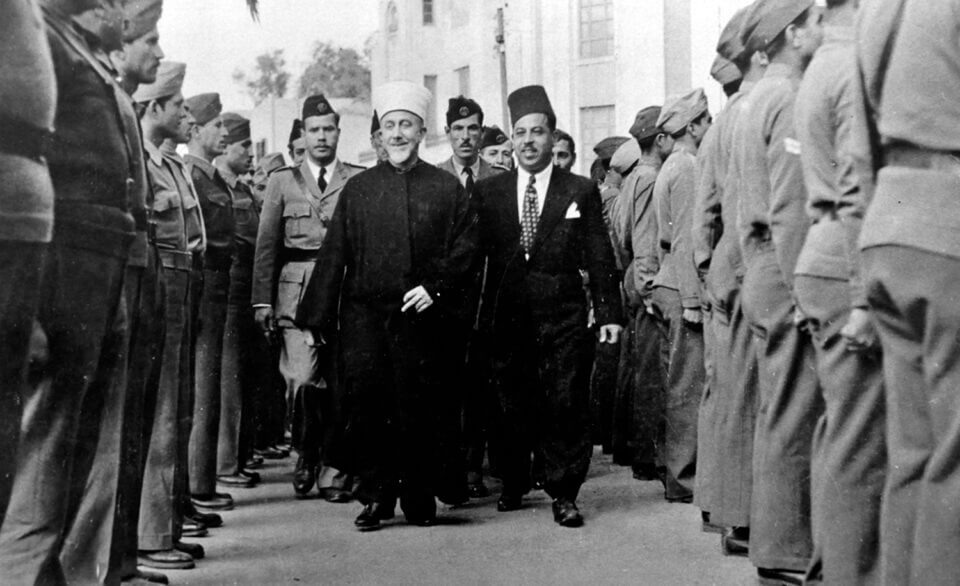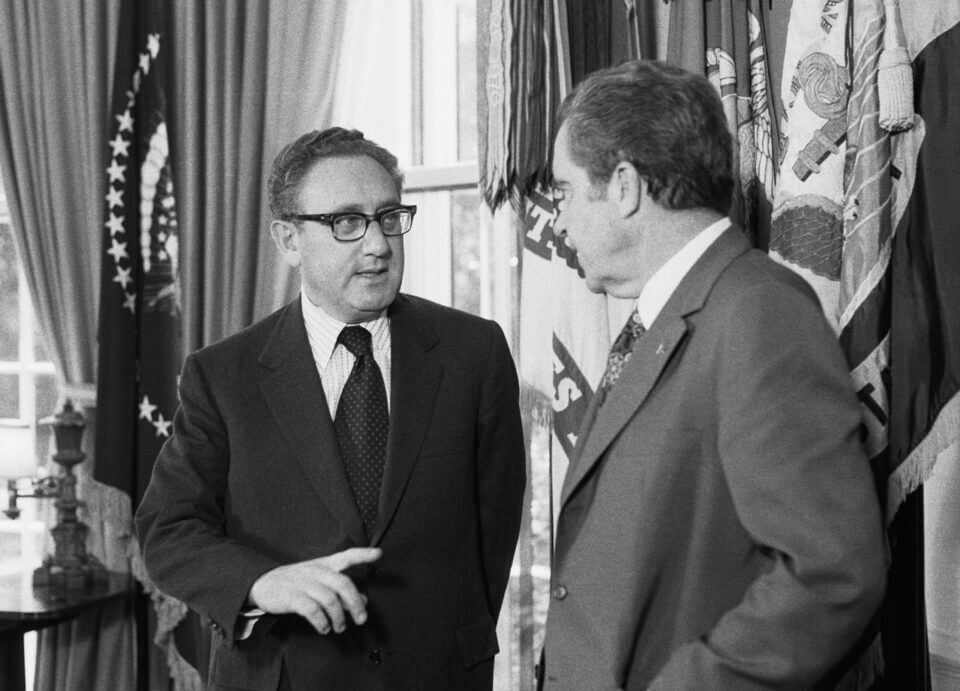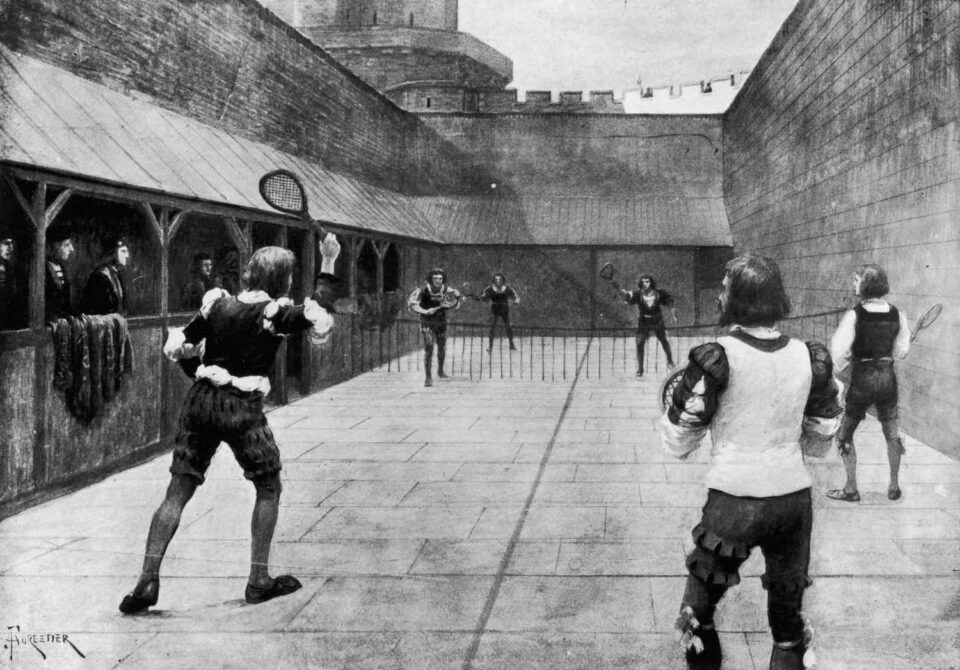
“If the recovery effort is not expanded to involve all the resources that every community has to offer, our young people, especially the most vulnerable, face a diminished future.”

“If the recovery effort is not expanded to involve all the resources that every community has to offer, our young people, especially the most vulnerable, face a diminished future.”

“The university protest movement largely took shape at the same time when our society’s disproportionate valorization of youth and youthful opinion began in the 1960s, when our whole nation began to come apart at the seams, an unraveling that, despite brief periods of rollback, has continued apace to this day.”

“Hamas wants to maximize the death of its civilian population. The purpose is to get the international community, the United Nations, the United States, other governments around the world, to condemn Israel, to vilify Israel, to delegitimize Israel, and undermine the Jewish state in that way.”

“However, there was one man who positioned himself very early on as an opponent to this growing Jewish presence in his homeland. This man was Haj Amin al-Husseini, who, in 1921, became the Grand Mufti of Jerusalem.”

“The feminists have deserted Jewish women. And it wasn’t just Jewish women. There were Arab Muslim women, and there were Thai Buddhist women. No doubt many Christian women or some Christian women who were also raped, murdered, and kidnapped.”

“When privileging science and math in the curriculum at the expense of the humanities, education sacrifices what is most essential: the important civic function of the humanities. As a result, we produce ‘a nation of employees, not citizens.'”

“Musk still seems to have his wits about him when managing his other companies, when speaking on longform podcasts, or when staying conveniently on message with regard to China. So what is it about X that is specifically causing Musk to lose his composure and his business sense?”

“In short, we have dogma, and from dogma, cognitive errors in reasoning inevitably ensue.”

“The Irish state will undoubtedly have one of the most extensive, if not the most totalitarian, hate speech laws in Western Europe if the bill becomes law, despite the government’s insistence that it contains a provision to ‘protect genuine freedom of expression.'”

“If, as President Nixon and Secretary Kissinger rightly believed, it was in America’s interest to extract itself from the mess their predecessors had created in Vietnam, it was not necessary for them to keep fighting the war for so long.”

“Many Europeans are waking up to the failures of multiculturalism and open-border policies and are demanding action. If the parties of the center left and center right continue to fail on this front, someone else will step in.”

“Meaningful work is as important to life as leisure, I think. I just think that we’ve lost the balance.”

“We have a broken immigration system. Despite saying the right thing, [Suella] Braverman did not take much action to stop it. She ought to be judged similarly to what economists would call a revealed preference. In other words, actions speak louder than words.”

“The woke ideology does not merely advocate for redistribution of resources, but it also calls for (or at least allows for) different moral obligations according to one’s identity. This means that so-called oppressors are bound by a different morality than so-called oppressed identities.”

“There is a formula—unfortunately, I have noticed—when it comes to many in the reality-denying national press: Make a few accurate micro-points but use them to arrive at a conclusion that no reasonable person should believe.”